If you or someone you know is having thoughts of suicide, please contact the National Suicide Prevention Lifeline at 1-800-273-TALK (8255).
When Nathan Carman, a Vermont man accused of killing his mother at sea over an inheritance, died by suicide, many believed he took his secrets to the grave.
But one true crime author believes that if the 29-year-old hadn’t killed himself in his jail cell, there wouldn’t have been enough evidence to convict him.
He argued that there were other suspects that could have been looked at, ones that Carman likely didn’t realize were present.
NATHAN CARMAN, VERMONT MAN ACCUSED OF KILLING MOTHER AT SEA, DIES AWAITING TRIAL
“I do not think there was going to be enough evidence to convict him,” Casey Sherman told Fox News Digital. “This was a no body case. Everything was circumstantial when it came to his mother’s disappearance.
“… I told investigators, ‘Let’s follow the theory that Nathan murdered his mother. How would Nathan plan his getaway? They never answered that question for me. I don’t think they could’ve answered that question themselves.”
Sherman has written a new book, “Blood in the Water,” which delves into Carman’s brief life and his theories about what took place. For the book, he spoke to Carman’s loved ones, investigators, and others closely connected to the case. Sherman’s 2006 bestseller, “The Finest Hours,” became a 2016 film.
FOLLOW THE FOX TRUE CRIME TEAM ON X
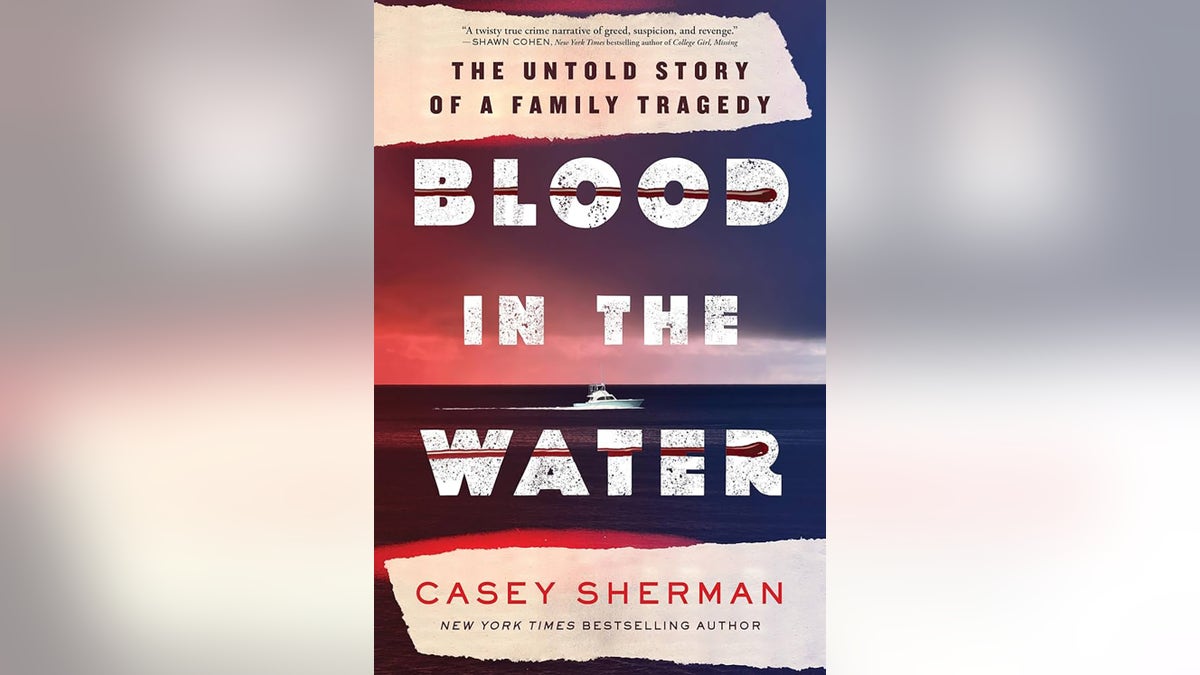
Sherman said that Carman appeared determined to prove his innocence during his final months. In 2022, he pleaded not guilty to fraud and first-degree murder in the death of his mother, Linda Carman. He was scheduled to go on trial the year he died.

Carman was the sole occupant of a county jail cell in New Hampshire where guards found him dead. One of his lawyers, Martin Minnella, said Carman appeared “in good spirits.” They last spoke on the day before he died, and they had planned to meet with experts about his case.
“I would describe his final months as being very active in his defense,” Sherman explained. “His death came as a shock to everybody, including his attorneys. Nathan had a very strong defense against the disappearance and potential murder of his mother… He was looking forward to his day in court, and he never got it.”

“The circumstances surrounding his death in jail are certainly mysterious to me and others,” Sherman shared.
SIGN UP TO GET THE TRUE CRIME NEWSLETTER

“There are people that don’t believe Nathan took his own life. The media immediately claimed that Nathan had left a suicide note behind, which was false. It was a note to his lawyers to follow up on a lead for his defense. He was only three to four months away from his trial, and there was a strong likelihood, whether you believe Nathan was guilty or innocent, that he would’ve been acquitted.”
“The state of Vermont, I don’t think, would’ve been able to prove this case against him,” Sherman added.
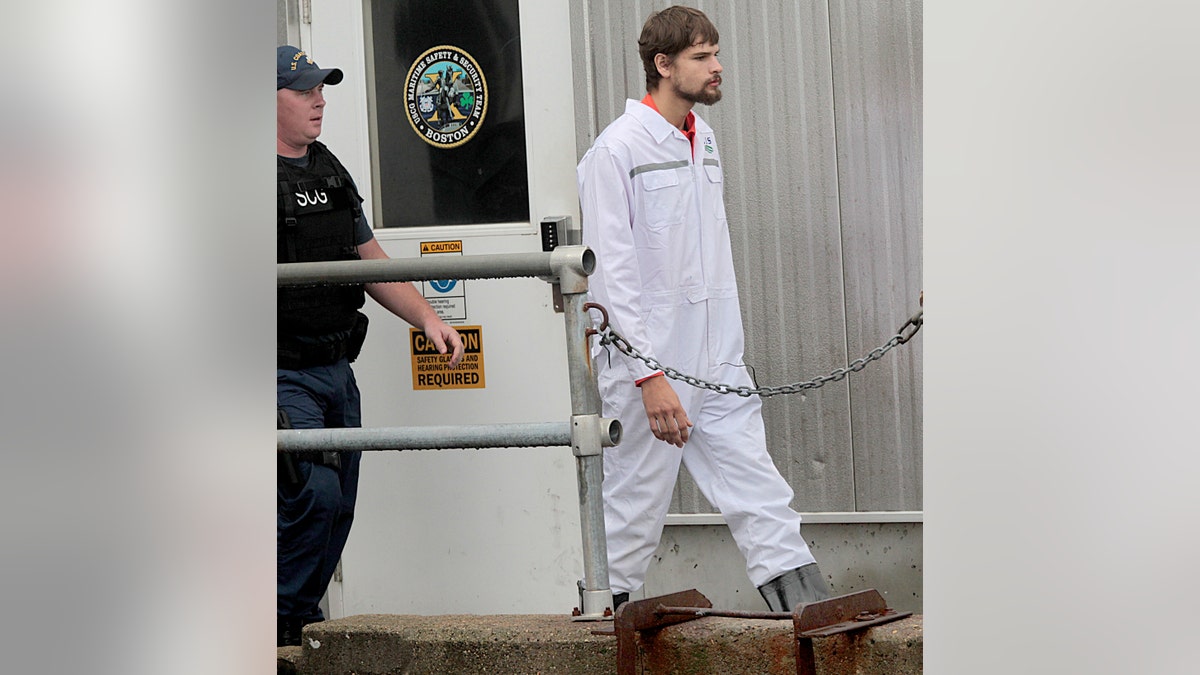
It’s noted that the attorney general’s office confirmed that authorities didn’t consider Carman’s death to be suspicious.

In September 2016, Carman organized a fishing trip with his mother, who lived in Middletown, Connecticut, during which prosecutors said he planned to kill her and report that the boat sank, and his mother disappeared in the accident.
Carman was found floating in an inflatable raft eight days after leaving a Rhode Island marina with Linda, whose body was never recovered. Prosecutors alleged he altered the boat to make it more likely to sink. Carman denied the allegation.

“The investigators that I interviewed said they began to question Nathan’s story right away,” said Sherman. “They felt his story didn’t add up because his life raft was discovered in an area that didn’t make sense. If his fishing boat went down where he claimed it went down, he would’ve been taken by currents in the opposite direction from where his life raft was ultimately found.”
GET REAL-TIME UPDATES DIRECTLY ON THE TRUE CRIME HUB

“Now, that can be explained in a way, and I don’t think the investigators looked at this,” said Sherman. “I interviewed a fisherman who sold Nathan all of his fishing equipment. That fisherman said Nathan had no idea where anything was. He was mislabeling and misnaming certain fishing spots, not doing so deceptively, but doing so because he just didn’t really know where he was doing.”
Prosecutors said Linda’s death paved the way for Carman to inherit an estimated $7 million. They argued he was unemployed much of the time and low on funds when he arranged the fishing trip with his mother. It’s also believed that Linda had removed Carman from her will.

“She never explained why she made that decision,” said Sherman. “It’s interesting that the news came up after Nathan’s death. So, we don’t know whether Linda told Nathan beforehand that she was removing him from the estate… Nathan would not have had access to any money that Linda had inherited if he had killed her. That calls into question Nathan’s motivation to kill her, because he would not have benefitted financially.”
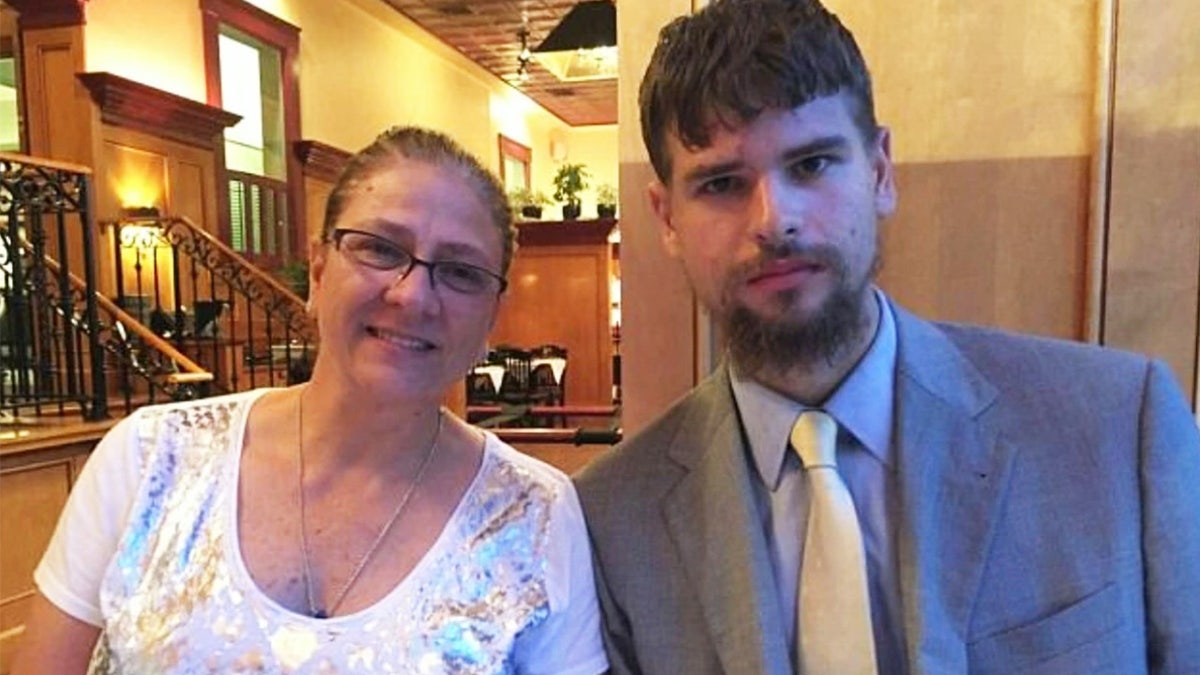
Sherman described Carman’s relationship with Linda, 54, as “incredibly complex.”
“I think Linda was vying for some attention from her son, which is why she would go out on fishing trips with him,” he explained.

“It was the only way she could bond with him. But Linda… was overprotective of Nathan. She was trying to keep him in bubble wrap. She wanted him to get therapy for his Asperger’s. His grandfather, John Chakalos, overlooked Nathan’s disorder. He was going to literally give Nathan the entire $50 million family company. So, you had a battle between Linda and John over Nathan’s care. That battle spilled into violence.”
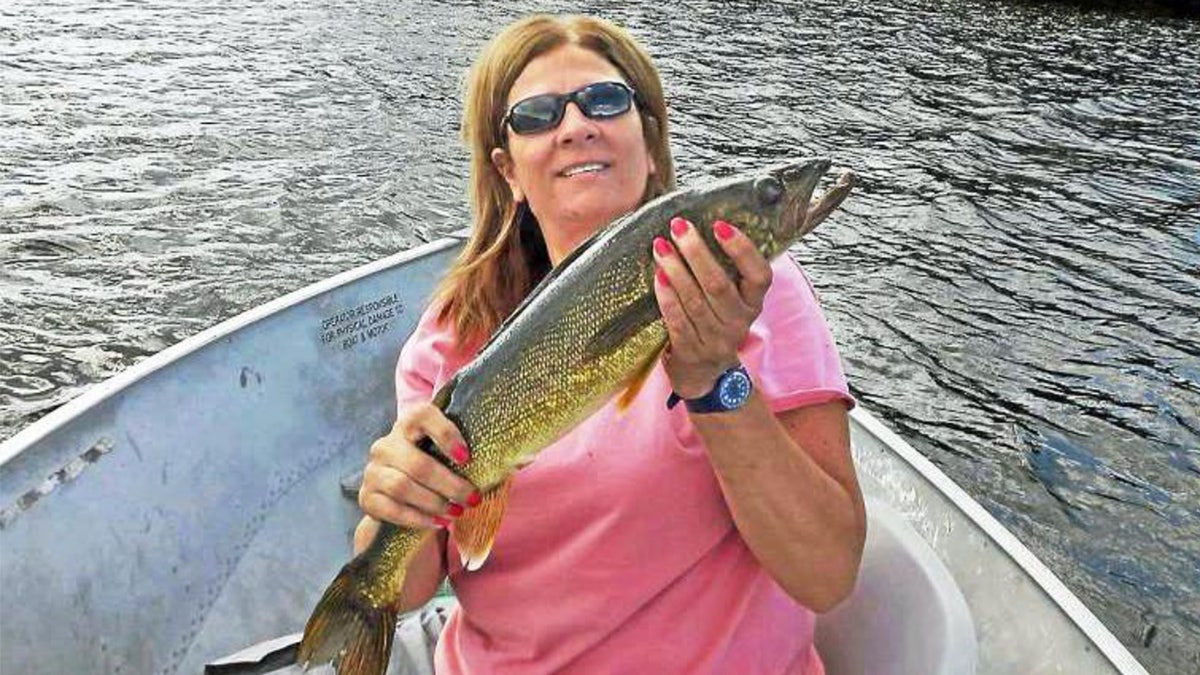
“John and Linda fought with their fists over Nathan’s care,” he claimed. “I would say the only two people who loved Nathan were John and Linda. And the only two people Nathan loved were his grandfather and mother. This was a Shakespearean drama unfolding.”
Sherman noted that to some, Carman’s behavior came off as “aggressive” in some instances. However, there’s no proof that he ever exhibited violent behavior.

An eight-count indictment said Carman shot and killed his wealthy grandfather, 87, in 2013 as he slept, to obtain money and property from the patriarch’s estate. But the indictment did not charge Carman with his grandfather’s killing, and he had consistently denied any involvement in his death.
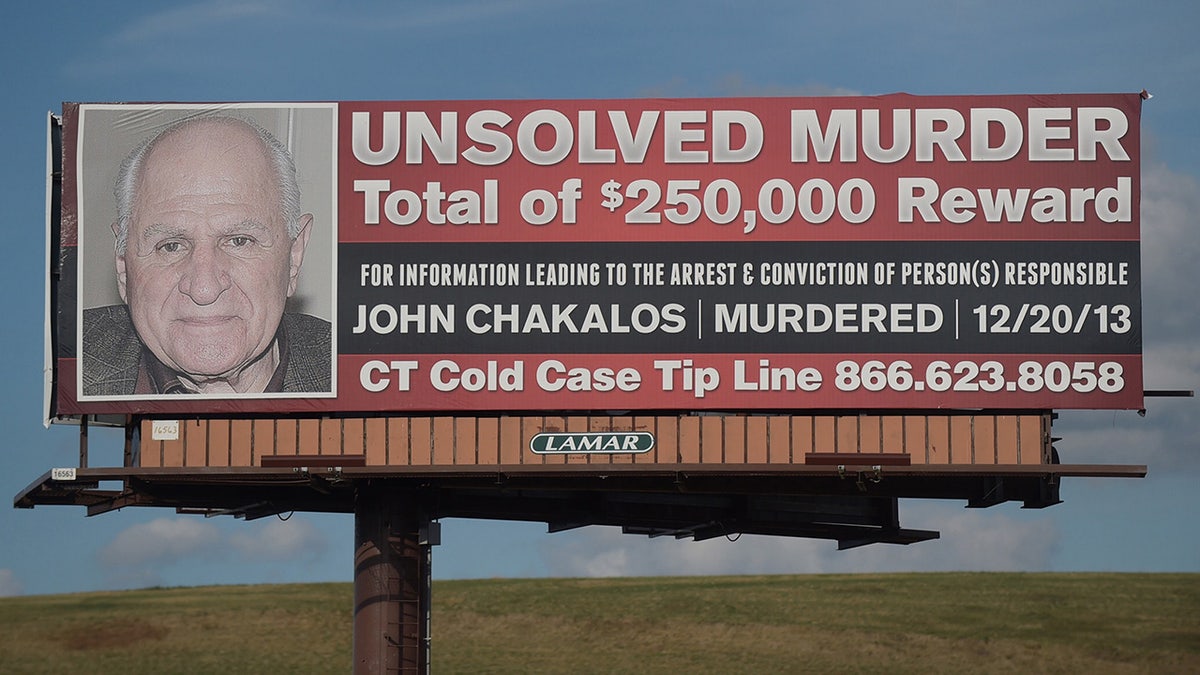
“I’m not sure who Linda felt could have been responsible for her father’s death,” said Sherman. “You could actually put her in the pool of suspects. She had a lot to lose with her father because her father was always cutting her off financially. Linda never really could hold onto a job. She would go on spending sprees and head to the casinos of Connecticut… She wasn’t necessarily somebody I would consider responsible.”
However, Sherman wondered if “associates of the family” were the ones who didn’t want Carman to get access to the family fortune and grandfather’s business.

“I do believe that certainly led to John’s murder,” said Sherman. “You look at the different potential suspects that the police overlooked or bypassed… You look at John’s mistress, a 25-year-old woman who was dating a well-known drug dealer in the community at the time. [He] knew John kept large amounts of cash in his home.”
Joy Washburn was the longtime caretaker of Chakalos’ 88-acre New Hampshire estate, People magazine reported. According to the outlet, Washburn told Sherman that in 2013, “an associate of the family” – not Carman – contacted her, claiming that they would offer to pay $10,000 for Chakalos’ death because “the entire family hates John.” Sherman claimed that “Joy dismissed it as somebody just venting.” But two weeks later, he was dead.
CHILD ABDUCTION SURVIVOR ELIZABETH SMART WARNS OF ‘TERRIFYING TERRITORY’ FOR TODAY’S KIDS
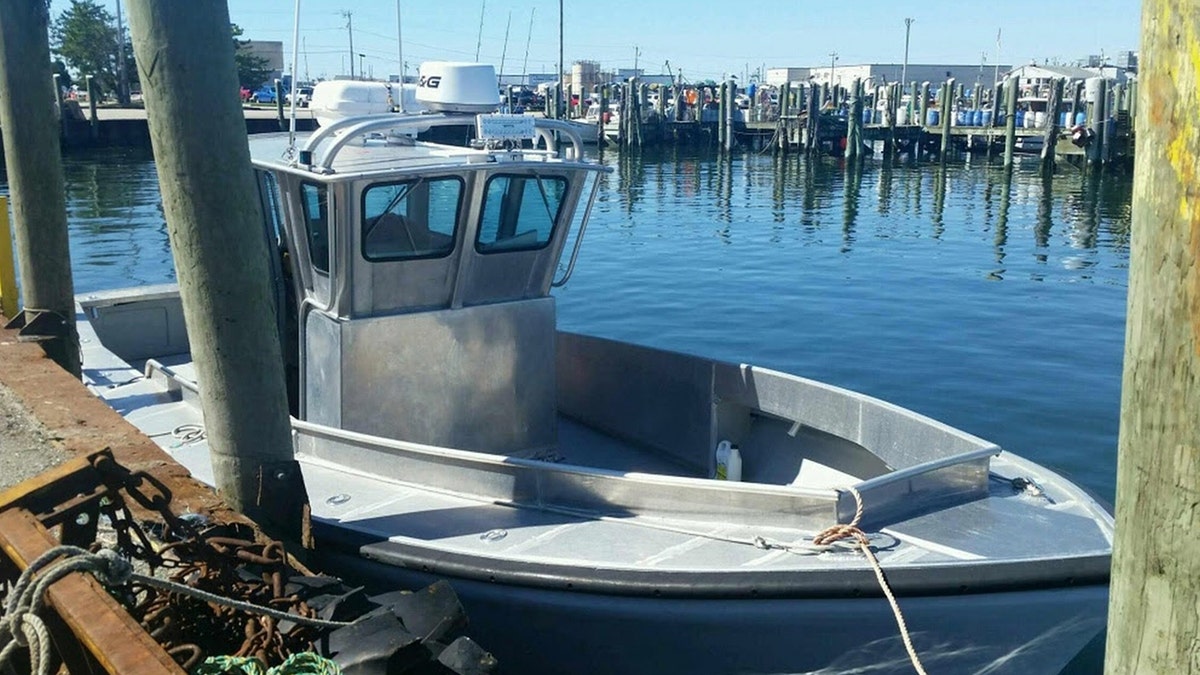
Sherman believes that Carman “could be a victim and a villain in his own story.”
“I do believe Nathan’s actions caused the sinking of that fishing boat where he made faulty repairs,” he explained.

“I think that was negligence on his part. I don’t think that was criminally negligent… His brain worked in a way where he liked to take things apart and try to put them back together. For example, he purchased a historic farm home in Vermont. He had zero carpentry experience. He took that beautiful home apart in hopes of putting it back together. If you look at that house today, it looks like a big pile of Jenga blocks ready to collapse. Nathan didn’t know what he was doing.”

Sherman claimed that at least 15 witnesses saw Carman drill holes in his fishing boat and then tried to repair them himself. He said they also felt Carman didn’t know what he was doing.
Still, prosecutors said it was Carman who bought the rifle that he allegedly used to shoot his grandfather. They said Carman discarded his own computer’s hard drive and the GPS unit in his truck.

Police also said Carman was the last person to see his grandfather alive and owned a semi-automatic rifle similar to the one used to kill Chakalos. That firearm disappeared. After Chakalos died, Carman received $550,000 from two bank accounts his grandfather had set up and that he was the beneficiary of when Chakalos died.

According to Sherman’s book, Carman’s cremains were buried next to his grandfather.
“I don’t believe he wouldn’t have been found guilty in a criminal court,” stressed Sherman. “However, I don’t know whether Nathan committed double murder. It depends on the day. Some days, I think he was a criminal mastermind. Other days I think there’s no way he could have pulled this off.”

“I’ve covered 200 homicides in my career,” Sherman reflected. “It’s difficult to pull off the perfect crime, let alone two, one on land and one at sea… That may be giving Nathan more credit than he deserves.”
The Associated Press contributed to this report.
Read the full article here













